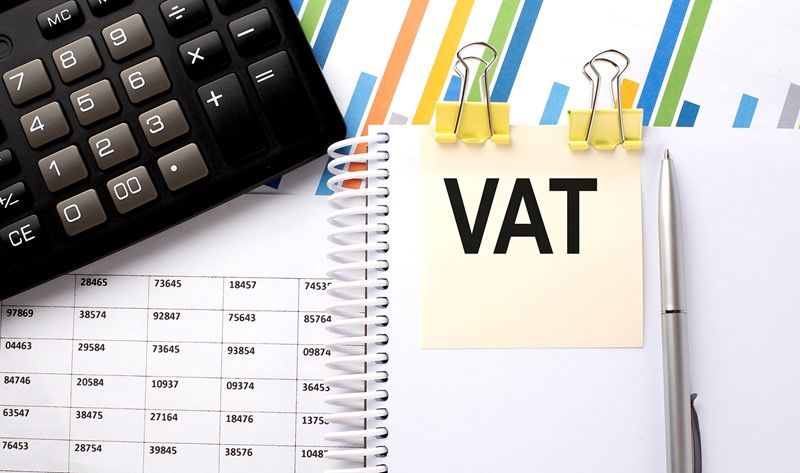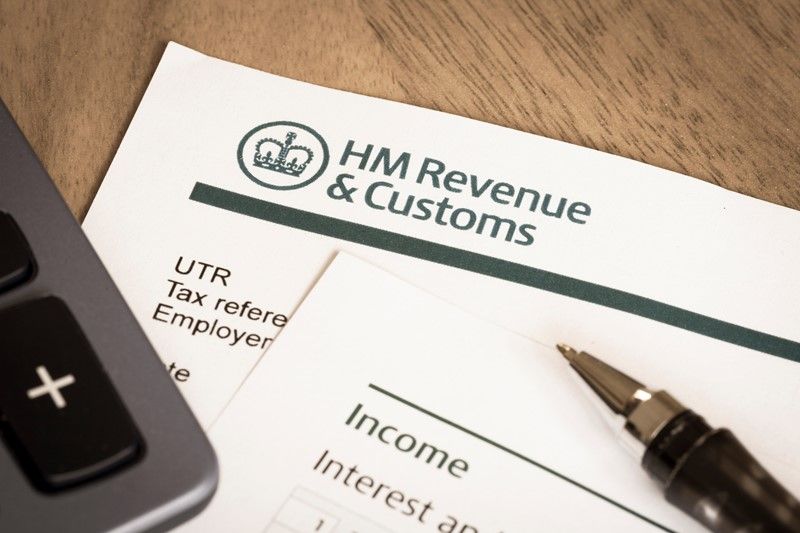When can you deregister for VAT?
Considering VAT deregistration? Whether compulsory or voluntary, knowing the rules, deadlines and risks of delay can save your business from costly penalties.
The decision to deregister for VAT may be necessary or beneficial in a range of circumstances. Whether it's a legal requirement or a voluntary decision, it’s important for businesses to understand the rules and deadlines to avoid penalties and ensure proper compliance. The rules differ depending on whether the deregistration is compulsory or voluntary.
You must cancel your VAT registration if your business is no longer eligible. This typically applies when a business:
- Stops making taxable supplies
- Sells the business
- Changes its legal structure (e.g., from sole trader to limited company)
- Disbands a VAT group
- Joins an existing VAT group
- Joins the Agricultural Flat Rate Scheme
In these cases, deregistration must be completed within 30 days of the change. Failure to do so may result in penalties. In some situations, it may be possible to retain the same VAT number, particularly where the business continues in a different form.
A business may also apply for voluntary deregistration if it expects its taxable turnover to remain below the current threshold of £88,000. HMRC may request supporting evidence to confirm that the turnover will stay below this level. It's important to note that voluntary deregistration cannot be backdated—the cancellation will only take effect from the date the request is received or a future date agreed with HMRC.
Even after deregistering, a business can still make late input tax claims on services received while it was VAT registered, as long as the claims fall within the standard VAT time limits.




